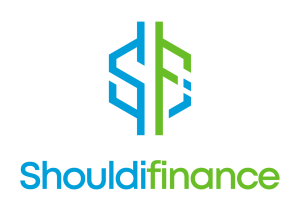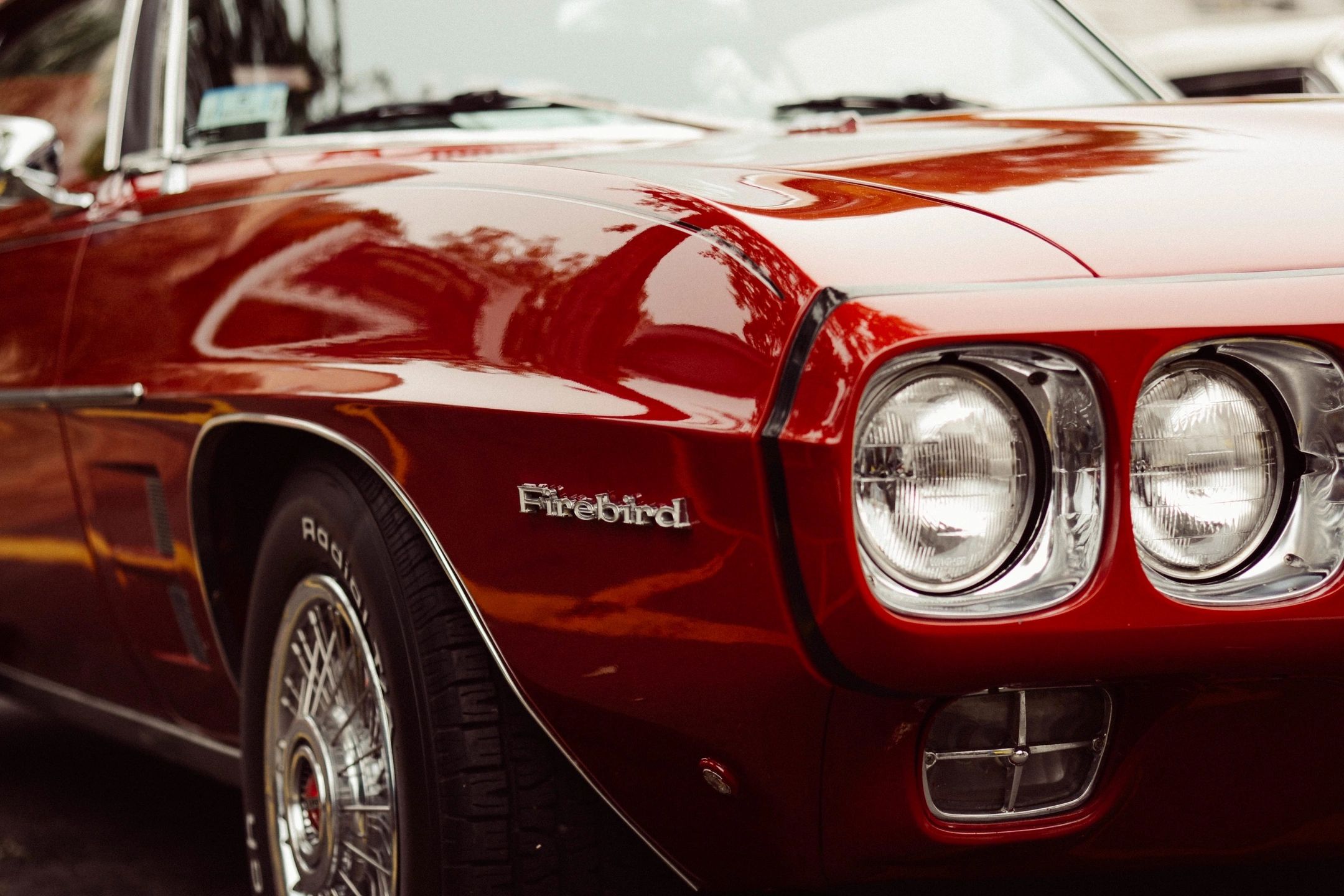If you’re in the market for a new car, you might be wondering whether to buy or lease. Both options have their pros and cons, and the best choice depends on your personal preferences, budget, and driving habits. Let’s compare the advantages and disadvantages of buying and leasing a car, and help you decide which option is right for you.
What is Buying a Car?
Buying a car means you pay the full price of the vehicle, either upfront or by taking out a loan. You own the car and can do whatever you want with it, such as modifying it, selling it, or trading it in. You also have to pay for maintenance, repairs, insurance, and taxes.
What is Leasing a Car?
Leasing a car means you pay a monthly fee to use the vehicle for a fixed period of time, usually three to four years. You don’t own the car and have to return it to the dealer at the end of the lease term. You also have to follow certain rules, such as keeping the car in good condition, staying within a mileage limit, and carrying comprehensive insurance coverage.
Pros and Cons of Buying a Car
Pros
- You build equity in your car and can drive it without making payments after the loan is paid off.
- You have the freedom to customize your car, drive as much as you want, and sell or trade it whenever you want.
- You can save money in the long run if you keep the car for a long time and take good care of it.
Cons
- You have to pay a higher down payment and monthly payment than leasing.
- You have to pay for depreciation, which is the loss of value over time due to wear and tear, age, and market conditions.
- You have to pay for maintenance, repairs, insurance, and taxes, which can be unpredictable and costly.
Pros and Cons of Leasing a Car
Pros
- You pay a lower down payment and monthly payment than buying.
- You can drive a newer, nicer, and more expensive car than you could afford to buy.
- You have lower maintenance and repair costs, as the car is usually covered by the manufacturer’s warranty.
- You can switch to a different car every few years and enjoy the latest features and technology.
Cons
- You don’t own the car and have no equity or asset at the end of the lease term.
- You have to follow the lease agreement, which may limit your mileage, restrict your ability to modify the car, and charge you fees for excess wear and tear or early termination.
- You have to pay for comprehensive insurance coverage, which is more expensive than liability-only coverage.
- You may end up paying more in the long run if you lease multiple cars over time.
How to Decide Between Buying and Leasing a Car
The decision between buying and leasing a car depends on several factors, such as:
- How much you can afford to pay upfront and monthly
- How long you plan to keep the car
- How much you drive and where you drive
- How important it is for you to own the car and have the freedom to modify it
- How often you want to change cars and have the latest features and technology
As a general rule of thumb, buying a car is better if you:
- Have a large down payment and can afford higher monthly payments
- Plan to keep the car for more than five years
- Drive a lot and don’t mind paying for maintenance and repairs
- Value ownership and customization over convenience and variety
Leasing a car is better if you:
- Have a small down payment and prefer lower monthly payments
- Plan to keep the car for less than five years
- Drive less and want to avoid maintenance and repair costs
- Value convenience and variety over ownership and customization
Conclusion
Buying and leasing a car are both valid ways to get your hands on a new vehicle. The best option for you depends on your personal preferences, budget, and driving habits. Before you make a decision, make sure to compare the total costs and benefits of each option, and shop around for the best deals and terms. Remember, there is no one-size-fits-all answer to the question of buying vs. leasing a car, so choose the option that suits your needs and goals the best.

